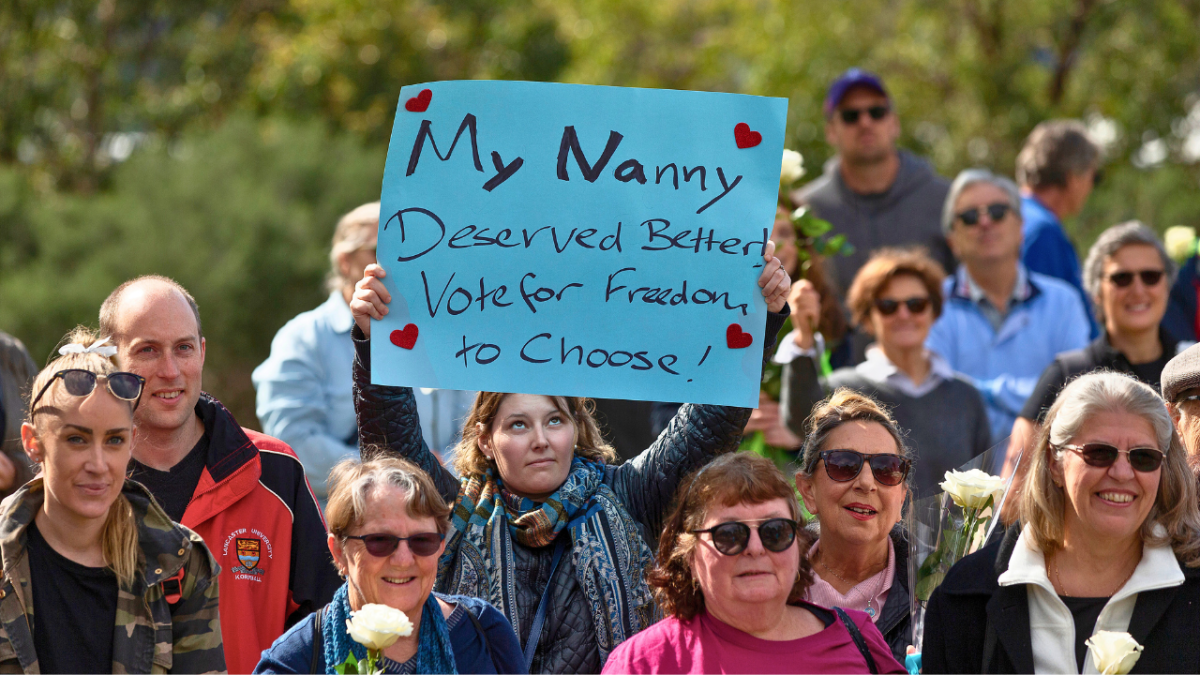
The Federal Court has ruled that voluntary assisted dying (VAD) is considered suicide under criminal law. The decision has been slammed by euthanasia advocates as “retrograde” and “out of step with both contemporary medicine, and contemporary Australia.”
This massive decision means that any medical professionals who provide a patient with information on voluntary assisted dying via phone, email or telehealth could face charges— something that was was previously legally ambiguous.
It is illegal under the Commonwealth Criminal Code to provide someone with information that could incite them to take their own life in a call or email — as a doctor might do in a consultation with a patient looking at VAD.
The ruling, which was delivered by Justice Wendy Abraham, comes only two days after New South Wales became the last state to legalise voluntary assisted dying for terminally ill patients.
“If that communication is undertaken using a carriage service, that would breach the Commonwealth Offence Provisions but be authorised under the Voluntary Assisted Dying Act,” declared Abraham.
As a result, doctors are now left unsure if they are allowed to provide said patients with details on how to seek out the newly legalised euthanasia pathways.
Melbourne doctor Nick Carr debated against the Federal Court making this ruling, arguing that “committing suicide” and “assisted dying” are generally understood to be different causes of death.
Carr also argued that the original law about suicide coercion to vulnerable people doesn’t make sense to apply to an individual who has already chosen that they want to pursue VAD.
Dr Linda Swan, the CEO of Go Gentle Australia — a charity that have campaigned for the legalisation of euthanasia in Australia since 2016 — said that this ruling only creates more confusion and suffering.
“The court has effectively said healthcare professionals can only discuss voluntary assisted dying in-person and face to face,” stated Swan in a press release.
“It is a judgement that is out of step with both contemporary medicine, and contemporary Australia. It is a retrograde decision that reflects Australian society of the 1970s, not of today.”
Swan slammed the Federal Court for encouraging unnecessary expenses and waste, and highlighted that banning telehealth consultation does not make VAD safer.
“A ban on their use means doctors must deliver scripts in-person and make repeated journeys to visit patients at home, often at great personal cost and expense,” she explained.
Victoria was the first place in Australia to legalise voluntary assisted dying for terminally ill patients in 2017.



